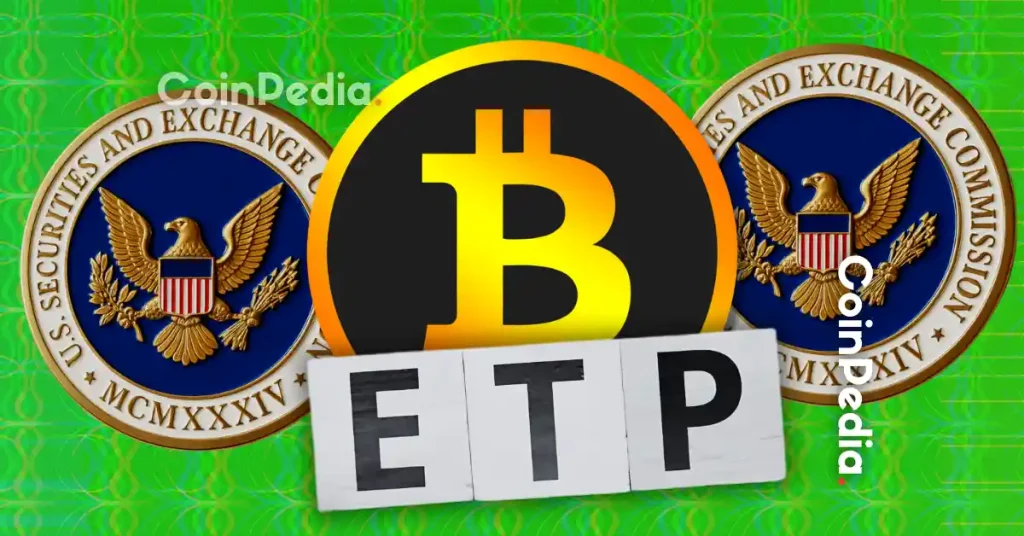- The Trump administration is fast-tracking crypto legislation to strengthen US leadership.
- Stablecoin regulation is being prioritized as a foundation for the global financial system.
- Plans include establishing a national Bitcoin reserve and clear crypto tax guidelines.
The Trump administration is pushing to fast-track a sweeping crypto legislation package, aiming to cement the United States as the world’s hub for digital assets.
Speaking at Korea Blockchain Week 2025, Patrick Witt, the executive director of the White House Council of Advisors on Digital Assets, said he expects a final market structure bill to pass before the end of the year. The administration, he stated, is actively working with both the House and the Senate to resolve any roadblocks and get a bill to the president’s desk.
Building the U.S. Crypto Framework
The White House strategy, detailed in a recent report from the President’s Working Group on Digital Asset Markets, is focused on several key priorities.
These include passing legislation to provide regulatory clarity, establishing a strategic national Bitcoin reserve from seized assets, creating clear tax guidelines, and protecting the rights of software developers. The push involves coordinated action across the SEC, CFTC, Treasury, and the Commerce Department to create a unified federal approach.
Related: Senate Banking Committee Roundtable to Feature Hoskinson on Crypto Legislation
Stablecoin regulation is a core piece of this agenda. The administration views U.S. dollar-backed stablecoins as critical infrastructure for the future of the financial system. The “Guiding and Establishing National Innovation for U.S. Stablecoins Act,” or GENIUS Act, was already signed into law by President Trump on July 18, 2025.
The next step is passing a broader market structure bill, like the CLARITY Act, to define the roles of the SEC and CFTC and bring onshore the crypto businesses that previously moved offshore.
Forging International Crypto Alliances
Washington is also moving to align its crypto strategy with key international partners. During President Trump’s recent state visit to the United Kingdom, U.S. Treasury Secretary Scott Bessent and UK Chancellor of the Exchequer Rachel Reeves announced the formation of a joint task force.
Dubbed the “Transatlantic Taskforce for Markets of the Future,” the group will work to reduce barriers in capital markets and advance cooperation on digital asset rules.
Composed of regulators and finance officials from both nations, the task force is set to deliver its first recommendations within 180 days. For Britain, this cooperation offers a chance to strengthen its post-Brexit financial services sector, while for the US, it represents a strategic step toward aligning regulatory approaches with key partners, as per a Reuters report.
Related: UK and US to Boost Cross-Border Crypto Access With New Agreement
Disclaimer: The information presented in this article is for informational and educational purposes only. The article does not constitute financial advice or advice of any kind. Coin Edition is not responsible for any losses incurred as a result of the utilization of content, products, or services mentioned. Readers are advised to exercise caution before taking any action related to the company.
Source: https://coinedition.com/white-house-pushes-for-final-crypto-regulation-bill-by-year-end/


